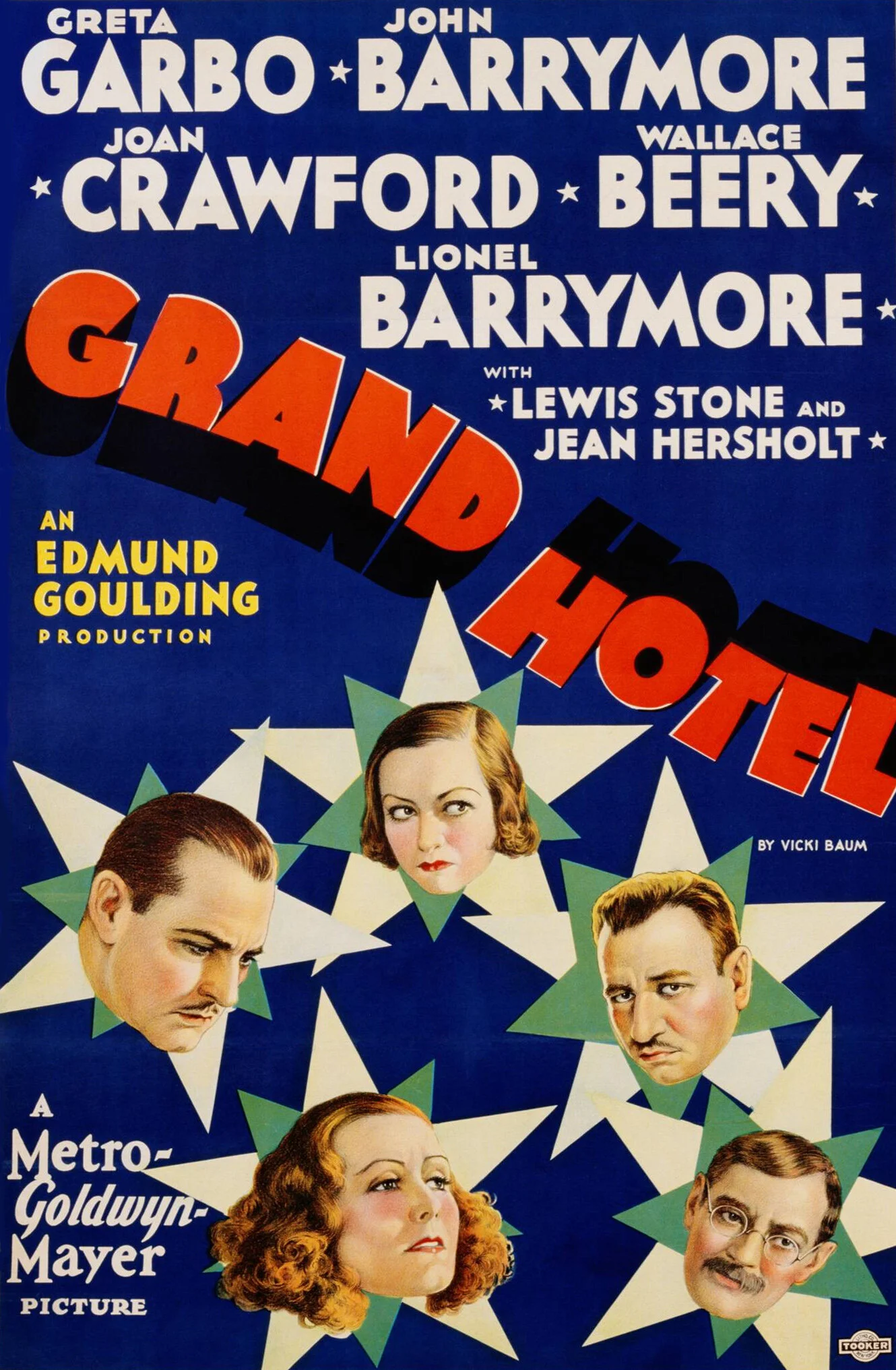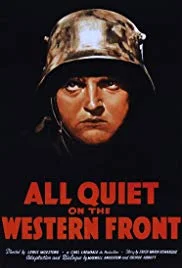Cimarron (1931)
Written by Howard Estabrook & Louis Sarecky
Directed by Wesley Ruggles
The fourth film to win Best Picture, Cimarron, brings us a new genre to the list: The Western. I’ll admit upfront that I don’t like Westerns: I’m much more urban than rural. As such, stories about the West, like war films, struggle to keep me invested, and the same is true of this film.
The breathtaking land-grab sequence, filmed with real extras
It’s not really a poorly made film, for its time. It’s technical elements start off very strong, with an admittedly thrilling land-grab sequence. It’s the kind of sequence that involves thousands of extras (REAL extras) and equipment hurtling over the countryside; it’s real imagery that isn’t seen much in film today, and it’s something that I’ve always loved about older cinema.
Unfortunately, from a technical standpoint, that opening sequence is the highlight. Everything that follows is slow and static. Long takes from a wide angle permeate the film, almost giving the film the feel of a stage play. The black and white doesn’t do the film any favors, as it certainly would look more visually appealing in deep, rich colors, but I can’t really fault the film for that.
Irene Dunne and Richard Dix, the leads of the film. Dunne is on the left, obviously
The casting of the film seems tough to critique, as I found myself disliking the two lead characters; I can’t tell if it’s the characters I don’t like, or the actors’ portrayal of those characters. Yancey Cravat, played by Richard Dix, and Sabra Cravat, played by Irene Dunne, are two incredibly unlikeable characters: Yancey drags his wife across the frontier (admittedly she “wants to go”, but that seems more “I want to be with my husband” than any real desire to venture forth), but then he leaves her (constantly) to satiate his wanderlust, and he does this for years at a time. When he does come home, he waltzes in and just takes over everything again. In addition, he spends most of the film treating his wife like a “little lady”, knocking her ideas and thoughts in favor of his own.
Oliver (on the right), speaker of what might be my most favorite line in cinematic history
Sabra isn’t much better. In addition to her biggest character flaw (which I’ll get to in a moment), she also just spends the entirety of the film being nagging and annoying. She gets to mature into a balanced character at the film’s end, but then throws that all away again to go running into the arms of her husband WHO LEFT HER, AGAIN, WITH NO COMMUNICATION, FOR ABOUT 35 YEARS. It’s one giant step back for her character. The saving grace in the cast is Edna May Oliver as Mrs. Wyatt, a no-nonsense spinster who delivers my favorite line, perhaps in all of film, ever: “You vicious hussy!”.
The most disturbing (and therefore, distracting) element of the film is the racism that permeates it. Native Americans bear the brunt of this, constantly being called “redskins” or “dirty/filthy”. Some of this is historical to the film’s time period, to be sure, but there’s also the sense of actual 1930’s sentiments mixed in. Sabra is most guilty of this, as she spends most of the film badmouthing Native Americans to anyone who will listen. However, she does get a chance at redemption at the film’s end, when she accepts the marriage between her son and a Native American woman. The film actually touches on the wrongs the country has committed against Native Americans, which is when it finally started feeling interesting to me, but it happens less than five minutes before the end of the film, and feels very “too little, too late”, especially when the final shot is of a statue of a pioneer man with a Native American following behind him.
Isaiah, just one of the stereotypical characters in the film
Those then-modern sentiments are most apparent in the character of Isaiah, a young black servant who stows away with the Cravats in their journey west. Isaiah doesn’t get much to do during the film, only used as comic relief by playing up stereotypes of the time. It’s more than borderline offensive, it’s downright offensive, plain and simple. I spent a lot of my time watching this film with my jaw dropped, because I couldn’t believe how anyone not-white was treated. Even the lone Jewish character isn’t treated particularly well, but he at least fares much better than his non-white counterparts (even if his unrequited love for Sabra is unmentioned or given any sort of payoff).
Westerns don’t seem to be the Academy’s cup of tea, either, as another Western wouldn’t win Best Picture until 1991’s Dances with Wolves (which I HAVE seen, and also can’t stand). Cimarron is important as it’s the first Western to win the award, but beyond that, it’s a highly forgettable film with some terrible characters and messages.
FINAL GRADE: D+






